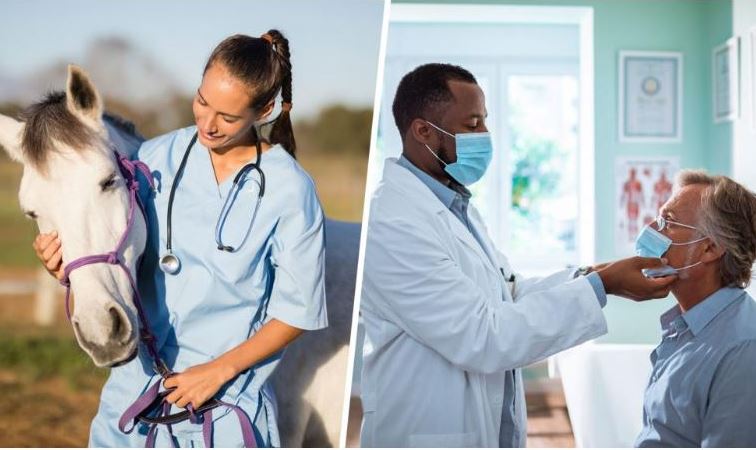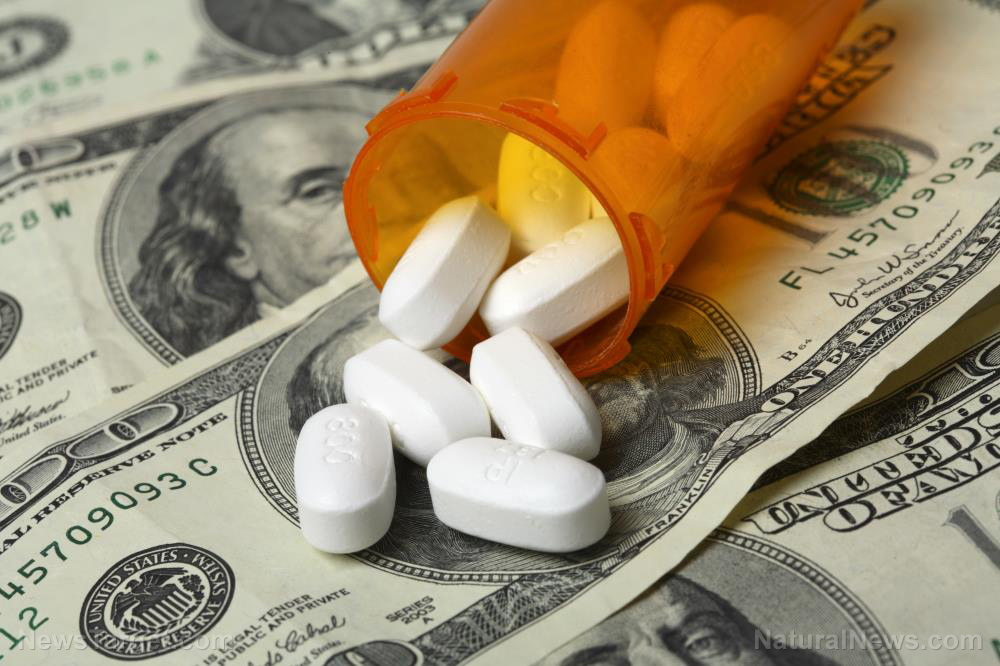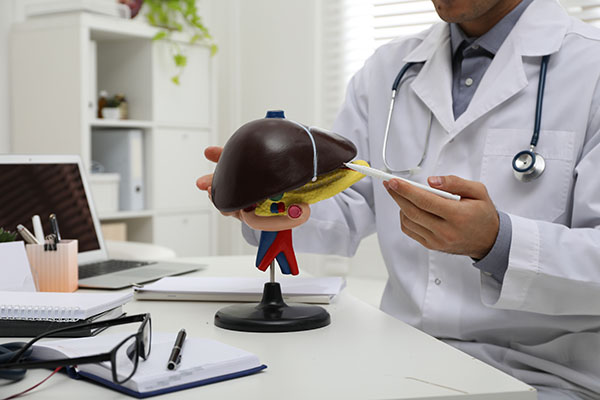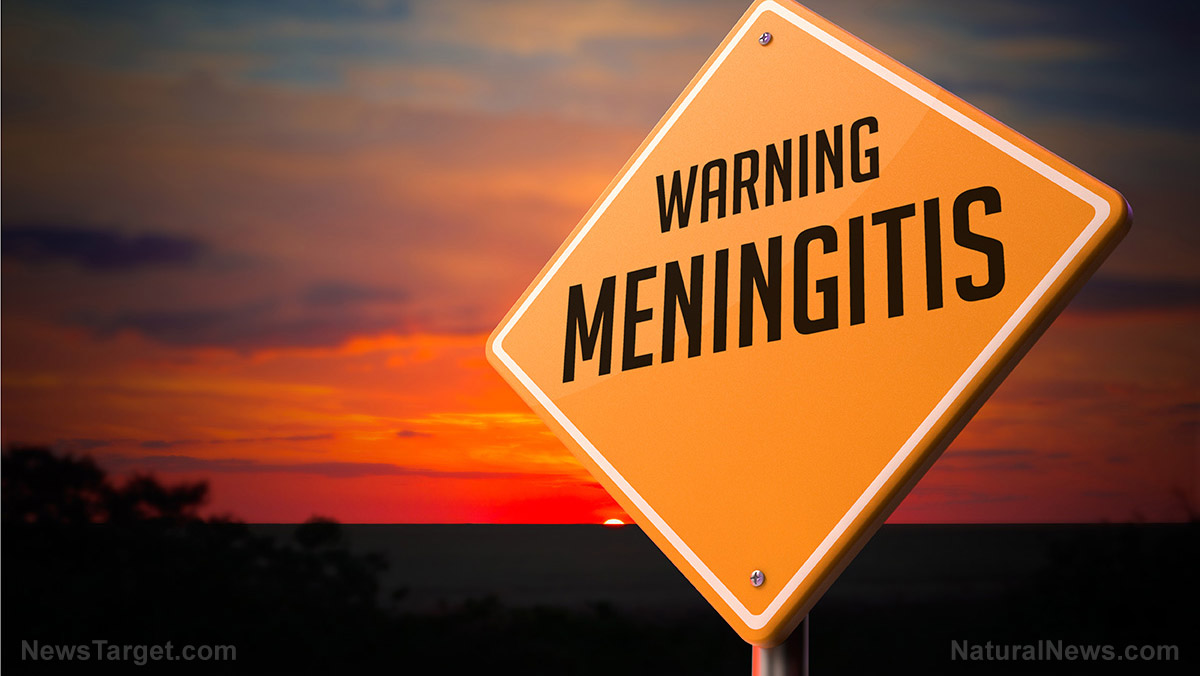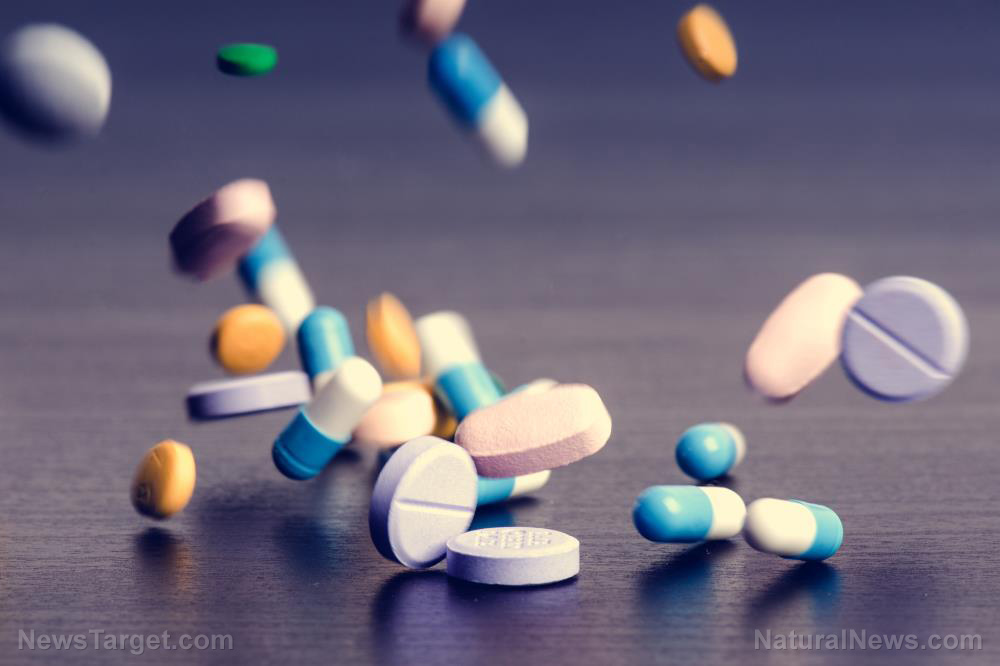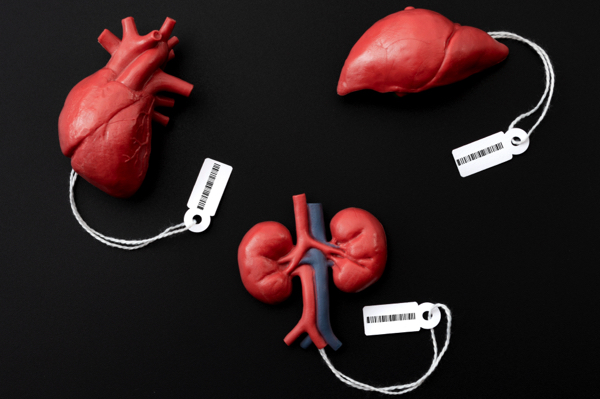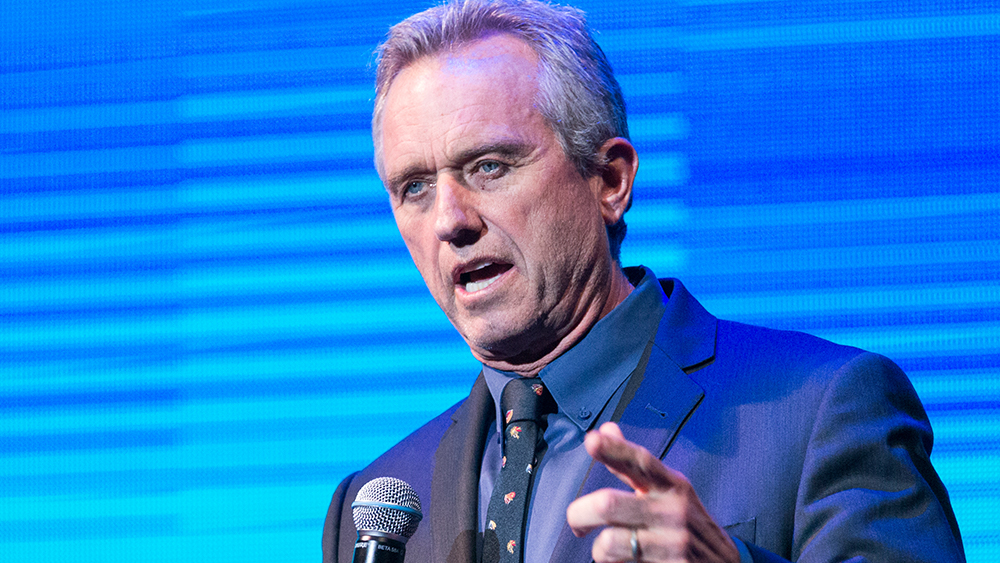Hundreds of thousands of children in England are unable to access mental health services
03/25/2024 / By Laura Harris

A recent report by the Office of the Children’s Commissioner for England revealed that 270,300 children referred to youth mental health services were not given any support.
According to the report, written by Commissioner Rachel de Souza, eight percent – 949,200 – of the total 11.9 million children in England were referred to the National Health Service‘s (NHS) Children and Young People’s Mental Health Services (CYPMHS) program between 2022 and 2023. (Related: Signs of abnormal mental development and common disorders in children.)
“This generation of children has experienced uniquely uncertain and challenging times,” said Souza. “Some have spent some of their most formative years isolated and indoors, fearful they or their loved ones may catch a deadly virus. They have felt the squeeze of a cost-of-living crisis, and are keenly aware of the pressure their parents are under.”
Among the nearly 950,000 children, only 305,000 had received treatment. Another 372,800 had their referrals closed before they even received assistance. Alarmingly, 270,300 of the referred children were left waiting for support, with around 32,200 waiting for over two years now for their second contact from CYPMHS.
The report also found disparities in wait times based on gender, ethnicity and age. Boys experienced longer wait times than girls, while White children waited longer compared to Asian and Black kids. Children aged 13 to 15 constituted the largest group entering treatment, despite representing only 17 percent of the child population in England.
U.K. government pledges more funding for youth mental health access
In response to the report, the British government has agreed to allocate an additional £8 million ($10.15 million) in funds to expand mental health intervention access for youth aged 11 to 25.
According to the U.K. Department for Health and Social Care, the expansion will be used for the 24 early intervention hubs. Initially, the government only allocated £4.92 million ($6.3 million) to support 10 early intervention hubs in October 2023.
To date, there are approximately 70 early intervention hubs across the U.K. that offer counseling, psychological therapies and group sessions. Young people can seek assistance at these centers even without a referral from a school or general practitioner.
Moreover, these centers function as comprehensive resource centers, offering guidance and referrals for a spectrum of issues affecting youth mental health. The guidance and referrals range from sexual health to substance abuse, employment concerns, financial worries and academic stress.
“This government is taking the long-term decisions needed to make our healthcare system faster, simpler and fairer. Mental health support for our young people is a key part of that,” said Mental Health Minister Maria Caulfield.
“No child or young person should suffer alone, and this additional funding for 24 mental health hubs will improve access and bring in more staff and experts who can help those who need it the most,” she continued. “This will build on the brilliant work they already do, and supports our ongoing work to make sure every person has access the highest quality mental health services.”
Watch the video below to learn more about mental health, intrusive thoughts, depression and anxiety.
This video is from the Pool Pharmacy channel on Brighteon.com.
More related stories:
Study: RUNNING boosts mental health and helps treat depression.
Study: 34% of children put on transgender puberty blockers end up becoming mental cases.
Brain food: Nutrient therapy can help address mental health issues.
Social media use linked to TEENAGE DEPRESSION, warn mental health experts.
Sources include:
Submit a correction >>
Tagged Under:
children, children's health, children's mental health, depression, evil, insanity, mental, mental health, mental health services, mind, National Health Service, outrage, psychiatry, United Kingdom
This article may contain statements that reflect the opinion of the author
RECENT NEWS & ARTICLES
COPYRIGHT © 2017 HEALTH COVERAGE NEWS

